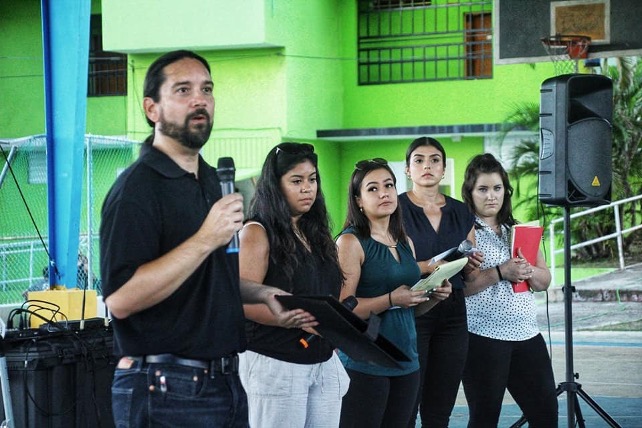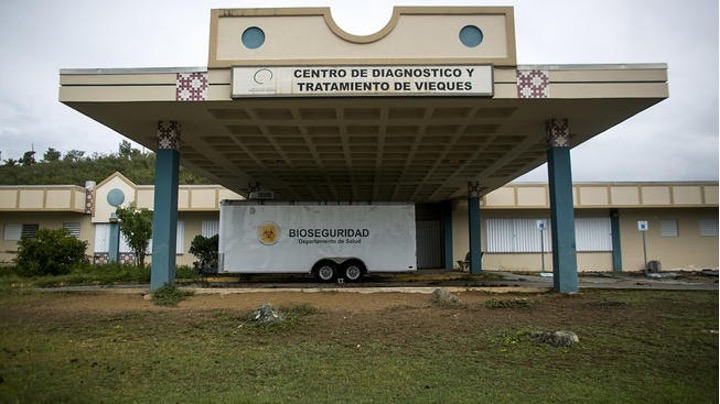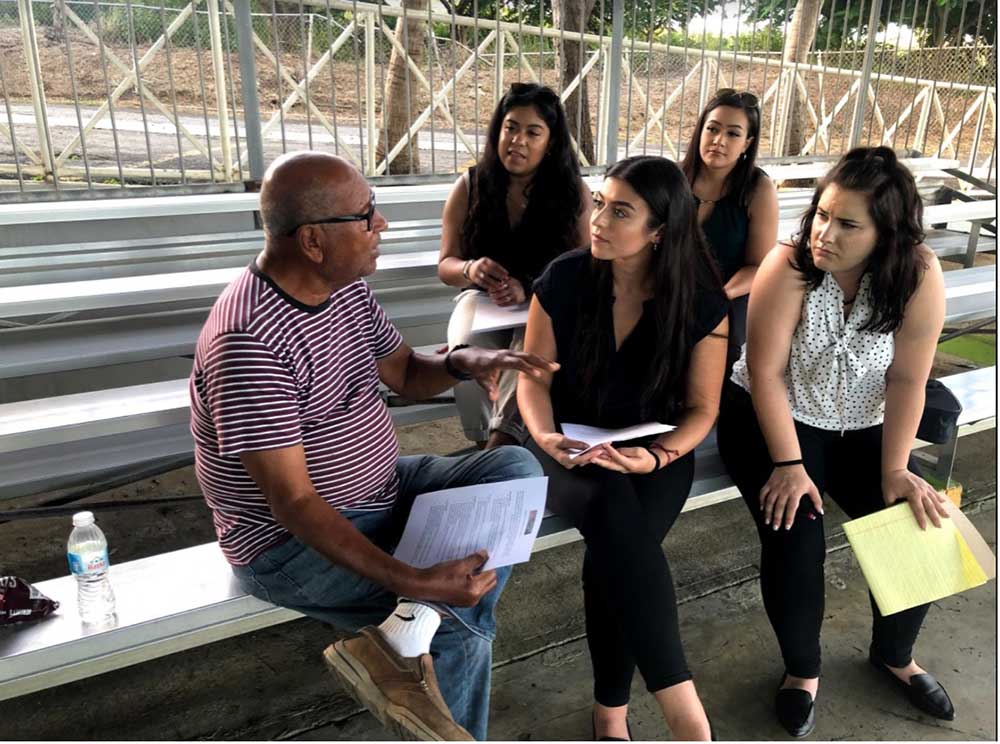By IHRC students Diann Jayakoddy & Elyse Tran
On January 18, 2021, Santa Clara Law’s International Human Rights Clinic (“the Clinic”) published a report entitled “Stranded. Human Rights Implications of an Inadequate Transportation System between the Islands of Culebra, Vieques, and Puerto Rico”. The Clinic’s students started this project in Fall 2019, after a friend of Professor Francisco Rivera, Juan Carlos Garavito, brought it to the clinic’s attention. Some students had the opportunity to travel to Puerto Rico on a fact-finding mission and discuss the inadequacies of the Maritime Transportation Authority (ATM for the Spanish acronym) connecting Puerto Rico and the municipal islands of Culebra and Vieques.

Clinic Trip to Culebra/Vieques in Summer 2019
The goal of the report was to present the impact of the unreliable system on residents of Culebra and Vieques while analyzing the subsequent human rights violations. Specifically, the report focuses on the rights related to health, employment and economic development, education, access to public transportation without discrimination, as well as freedom of movement and to choose one’s residence.

Public health facilities in the islands are inadequate
As the only feasible means for residents of the islands to travel to the mainland and receive goods, any issues with the ATM’s ferry service severely impacts residents’ daily lives. There are no functioning hospitals on either island, so residents depend on the main island for doctor appointments and specialized medical services. Moreover, there are no higher educational institutions and thus, those wishing to attend must also travel to the mainland. The ATM ferries and cargo ships are constantly breaking down, the schedule changes without notice, and with regard to ticket sales, Culebra and Vieques residents often report they are discriminated against. In consequence of these problems with the ATM’s ferry, doctor’s appointments are missed, people are stranded on the main island at night, restaurants and stores have difficulty receiving food and other products, and those wishing to obtain higher education have to relocate and move to the mainland to ensure they make it to class.
In addition, the 62-page report contains two addenda – one containing key talking points for discussions between activists and the government of Puerto Rico, and another “know your rights” sheet for residents of Culebra and Vieques who rely on the ferry service.

IHRC students interviewing Culebra island resident
The report concludes that Puerto Rico has violated its duty to respect, protect, and guarantee these human rights to the detriment of the people of Culebra and Vieques by failing to provide an adequate maritime transportation system. Ultimately, the report aims to improve Puerto Rico’s public maritime transportation system in a way that upholds basic human rights. The report makes several recommendations for the government of Puerto Rico, including the following:
- Maintain and enforce adequate schedules of passenger and cargo ferries that are adapted to the individual needs of each island.
- Ensure adequate access to healthcare for island residents, including sufficient emergency medical transport and adequate health care centers.
- Ensure access to public education for island residents, including access to special education for students with disabilities on the islands.
- Adopt measures to assist in promoting the economic development of the islands.
- Ensure that the use andmanagement of the maritime transportation system adequately protects the islands’ residents from the health risks posed by the COVID-19 pandemic.